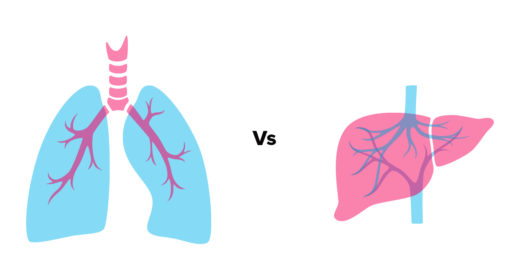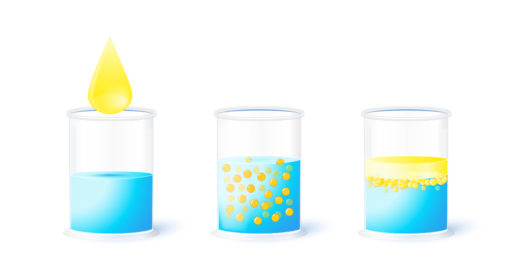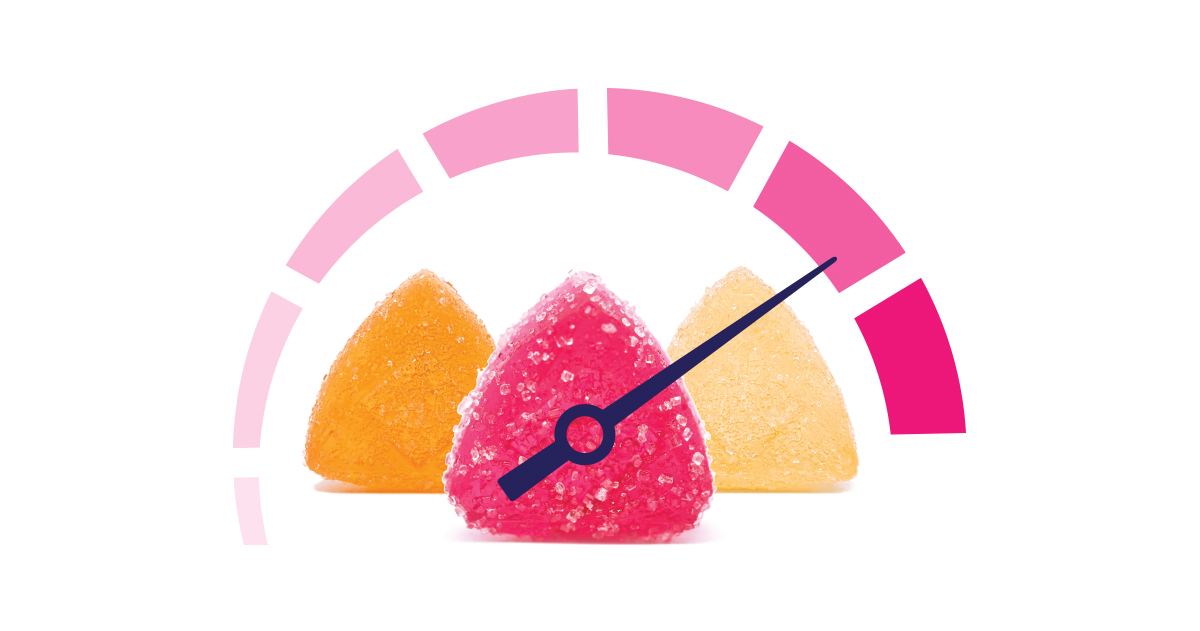When it comes to consumption preference between inhalation and ingestion, many consumers enjoy the smoke-free format of edibles. However, while smoking or vaping is known to produce effects almost immediately, most traditional edibles can take between 30 minutes and 2 hours to kick in1. Edibles typically also last longer, anywhere from four to twelve hours, and people describe it as a different kind of high. In other words, ingesting cannabis can be a potent way to unlock the effects of THC, but it’s not for everyone, or every occasion. So, what’s the non-smoking bud lover to do?
A New Kind of Edible
Fortunately, recent advances in cannabis technology have made it possible for some people to experience effects associated with inhalation, but in edible form. With the potential for a quicker onset and a quicker offset*, Wana Quick gummies are an edible that aim to deliver an experience inspired by the high delivered through inhalation.
Here’s how they work.
The Science of Smoking
Why do edibles produce such different effects from vapes, pipes, joints, bongs and so on? It all comes down to metabolism. When you inhale cannabis, it is absorbed directly into the bloodstream, producing effects that are felt within minutes and typically last 2 – 6 hours2.
Edibles and “First-Pass Metabolism”
When you ingest cannabis on the other hand, it travels through your digestive tract and eventually your liver, where it undergoes something called first-pass metabolism. This of course takes time – anywhere from 30 minutes to 2 hours3. Sometimes it can even take up to 4 hours to feel the full effects of ingesting cannabis. First-pass metabolism also changes the cannabis on a chemical level. The liver converts Delta-9-THC into 11-Hydroxy-THC, which is a stronger form than Delta-9-THC, producing the long-lasting high many people associate with edibles.

So the challenge is finding an edible that aims to offer an experience closer to the high delivered through inhalation.
How “TiME” Works
Wana Quick uses a technology called Azuca TiME Infusion™, a patent-pending culinary innovation called Thermodynamic Individual Molecular Encapsulation. Let’s just call it “TiME” for short. Even abbreviated, the name might sound intimidating, but in principle, it’s simple. Each cannabis molecule is broken down into a miniscule “nano-particle.” Each of these particles is then encapsulated in a thin water-friendly layer.

This is important because THC in its natural state is a fat. The human body is made of roughly 70% water. If you’ve ever tried adding oil to a glass of water, you know that fat and water don’t mix. So, it takes a lot of work (and time) for your body to break down and absorb the THC in traditional edibles.
How to Mix Oil and Water
By wrapping the fatty THC molecules in a water-soluble layer, there is potential for the molecules to be absorbed into the bloodstream and reaching the body more efficiently.
It’s All About Options
There are plenty of reasons someone might prefer to inhale or ingest cannabis. They may choose based on the occasion, their time, commitments, and having time to enjoy the enduring effects. Whatever your preferred format, know that cannabis affects everyone differently and onset time can be different for all consumers. Start with a low amount and slowly increase once you know how a certain product affects you.
*Cannabis affects everyone differently. Onset will be different for all consumers. Health Canada states that ingested cannabis takes 30 minutes to 2 hours to take effect and can last for up to 12 hours. In some cases, the effects of cannabis can last up to 24 hours. Read more about the effects of cannabis on https://www.canada.ca/en/health-canada/services/drugs-medication/cannabis/resources/what-you-need-to-know-if-you-choose-to-consume-cannabis.html.
Footnotes:
- https://www.canada.ca/en/health-canada/services/drugs-medication/cannabis/laws-regulations/regulations-support-cannabis-act/consumer-information.html
- https://www.canada.ca/en/health-canada/services/drugs-medication/cannabis/laws-regulations/regulations-support-cannabis-act/consumer-information.html
- https://www.canada.ca/en/health-canada/services/drugs-medication/cannabis/laws-regulations/regulations-support-cannabis-act/consumer-information.html
